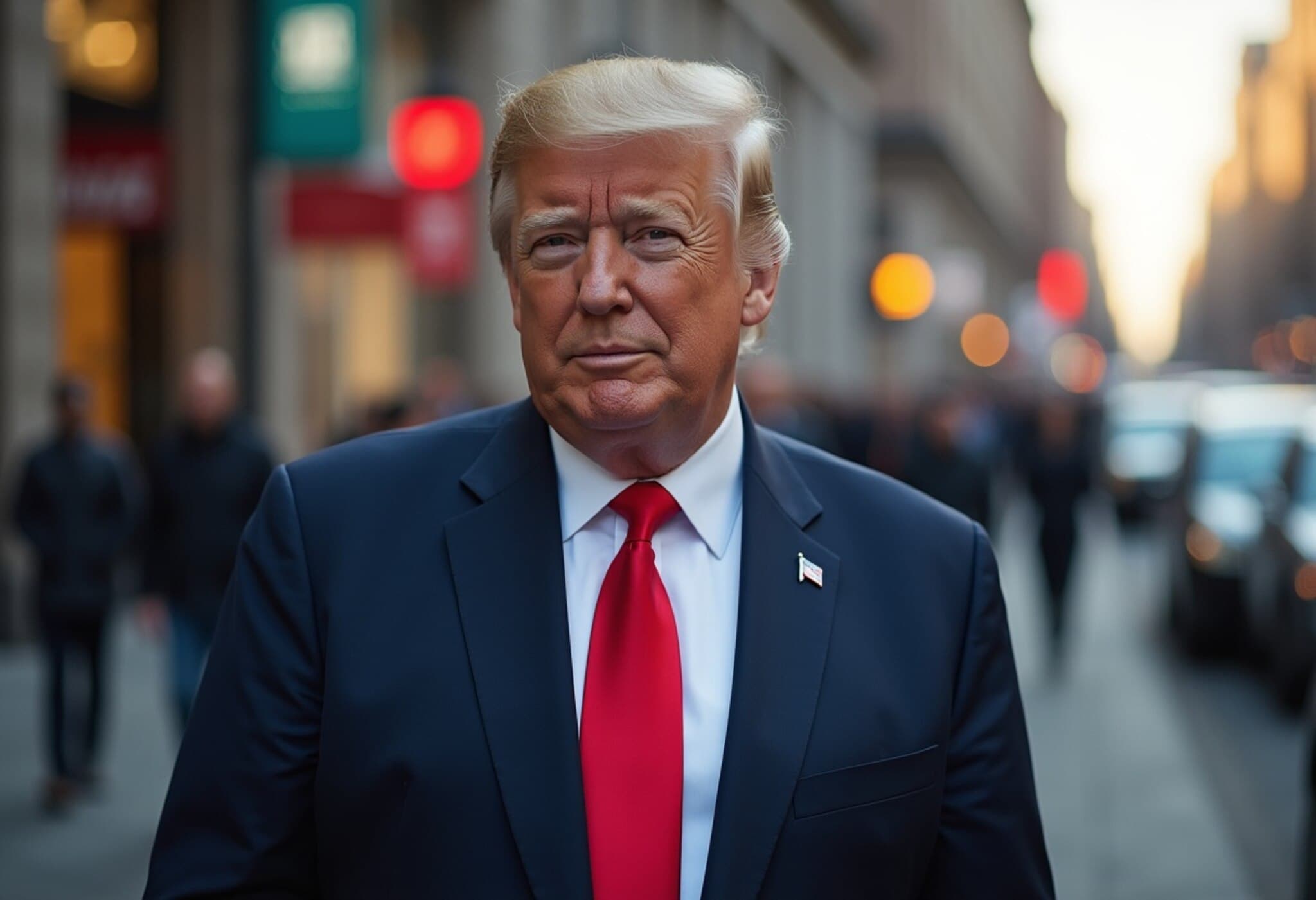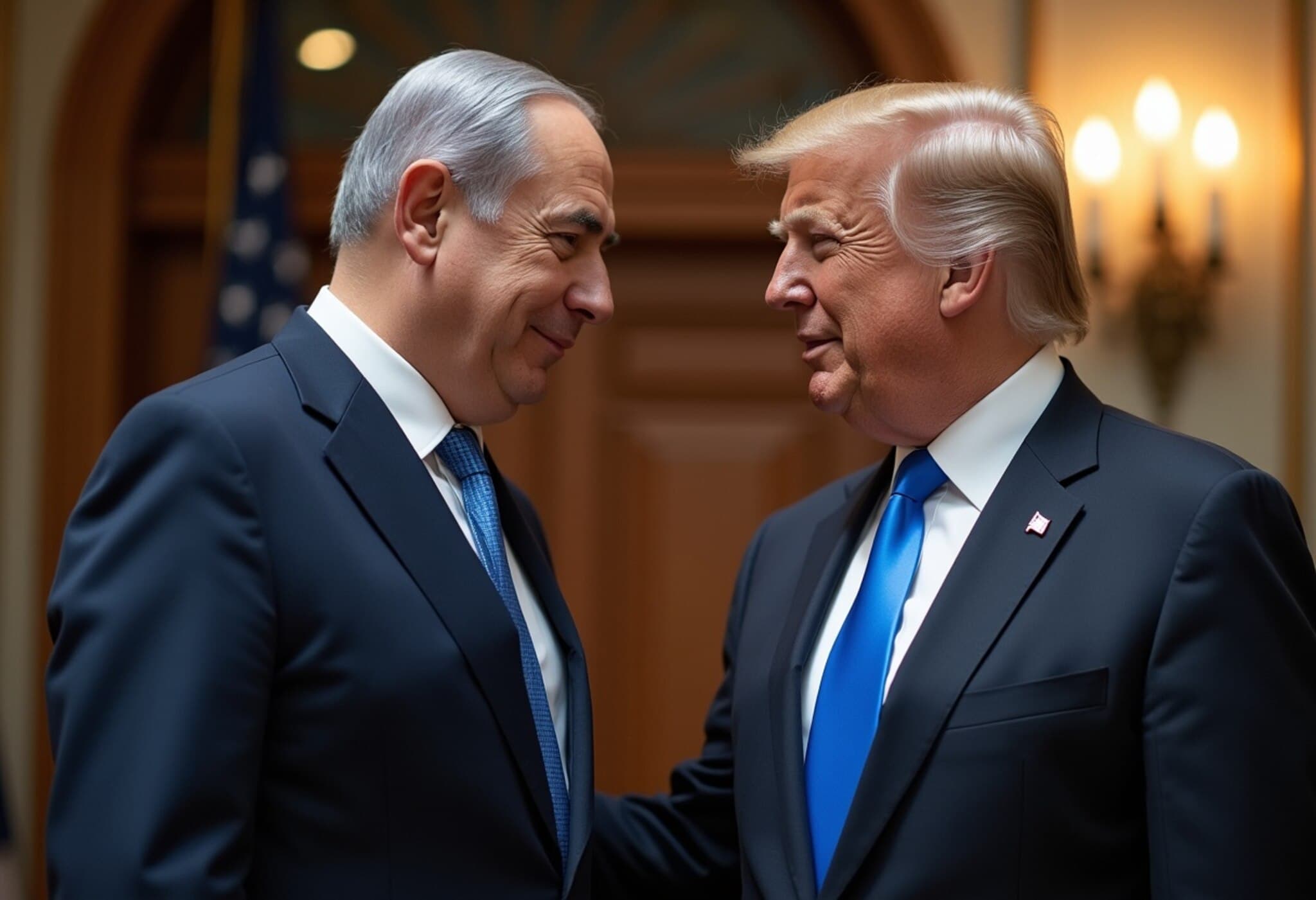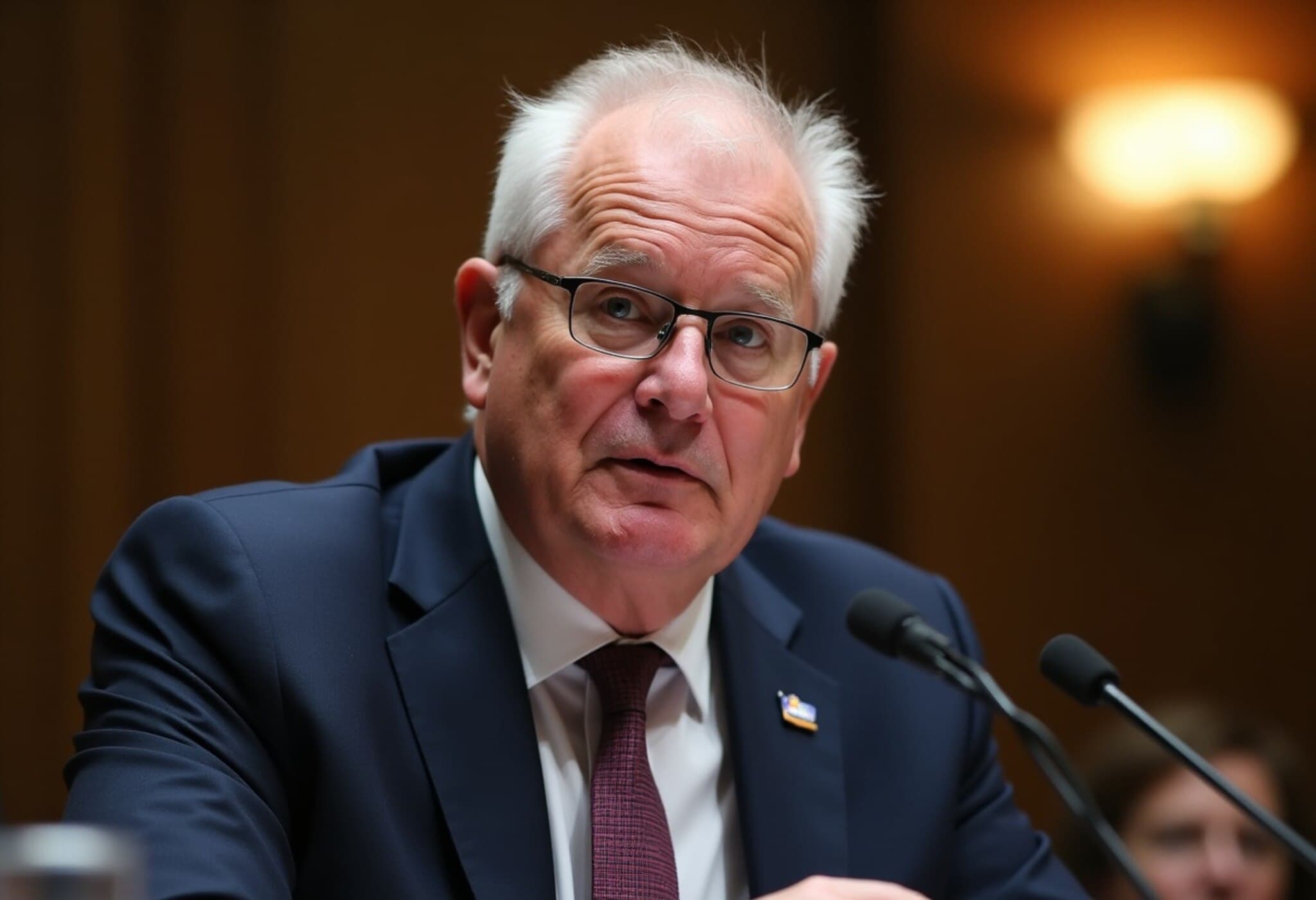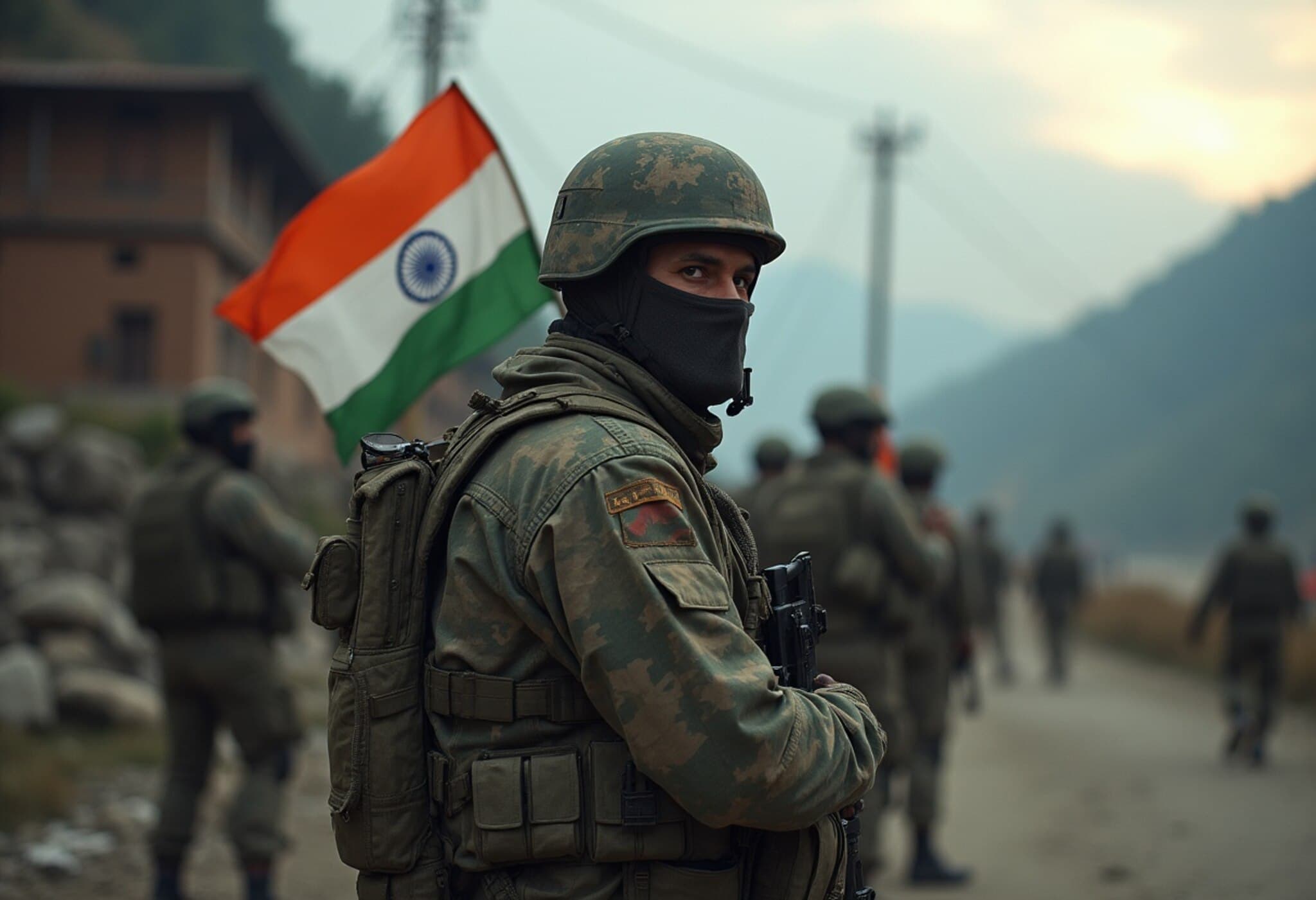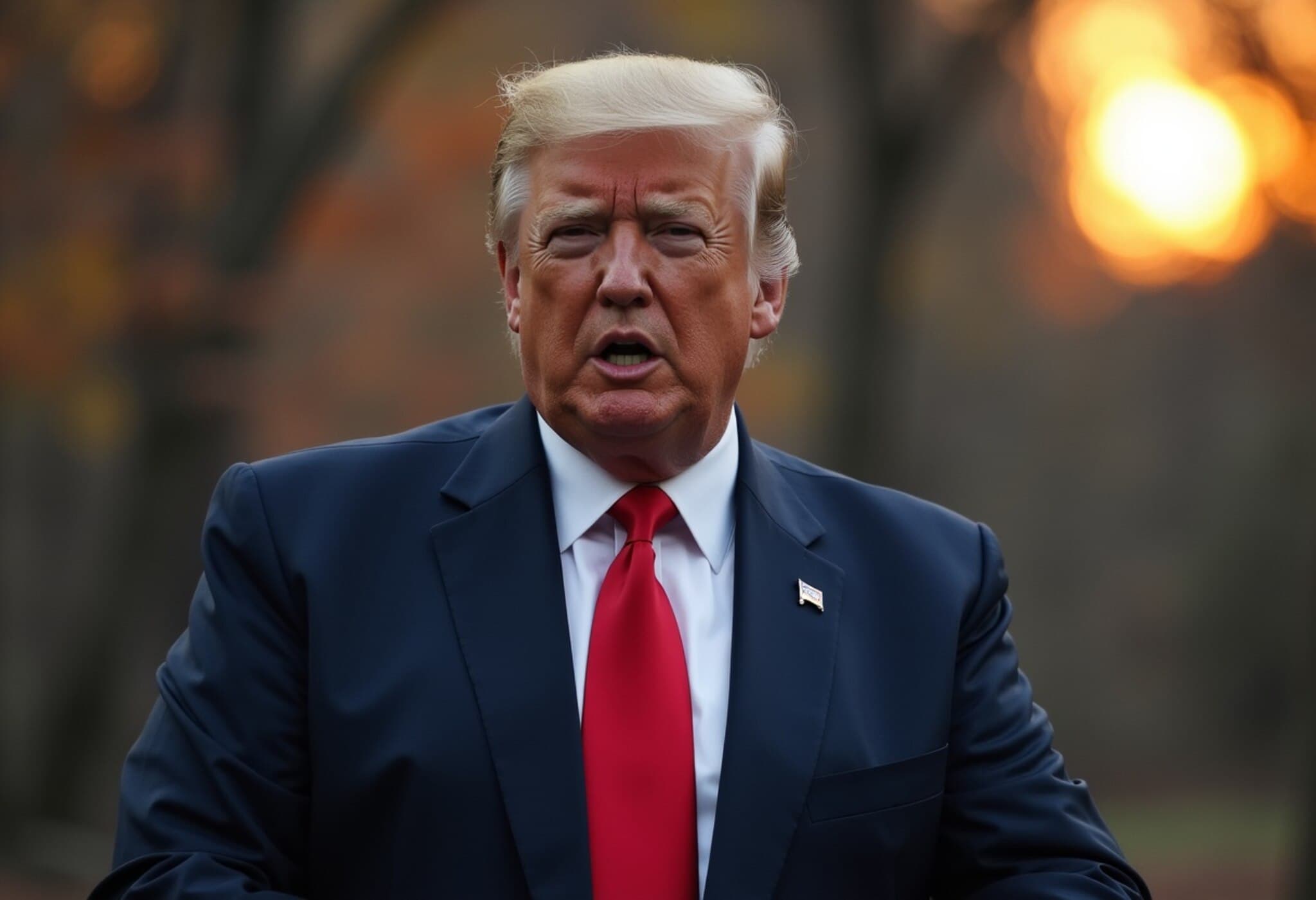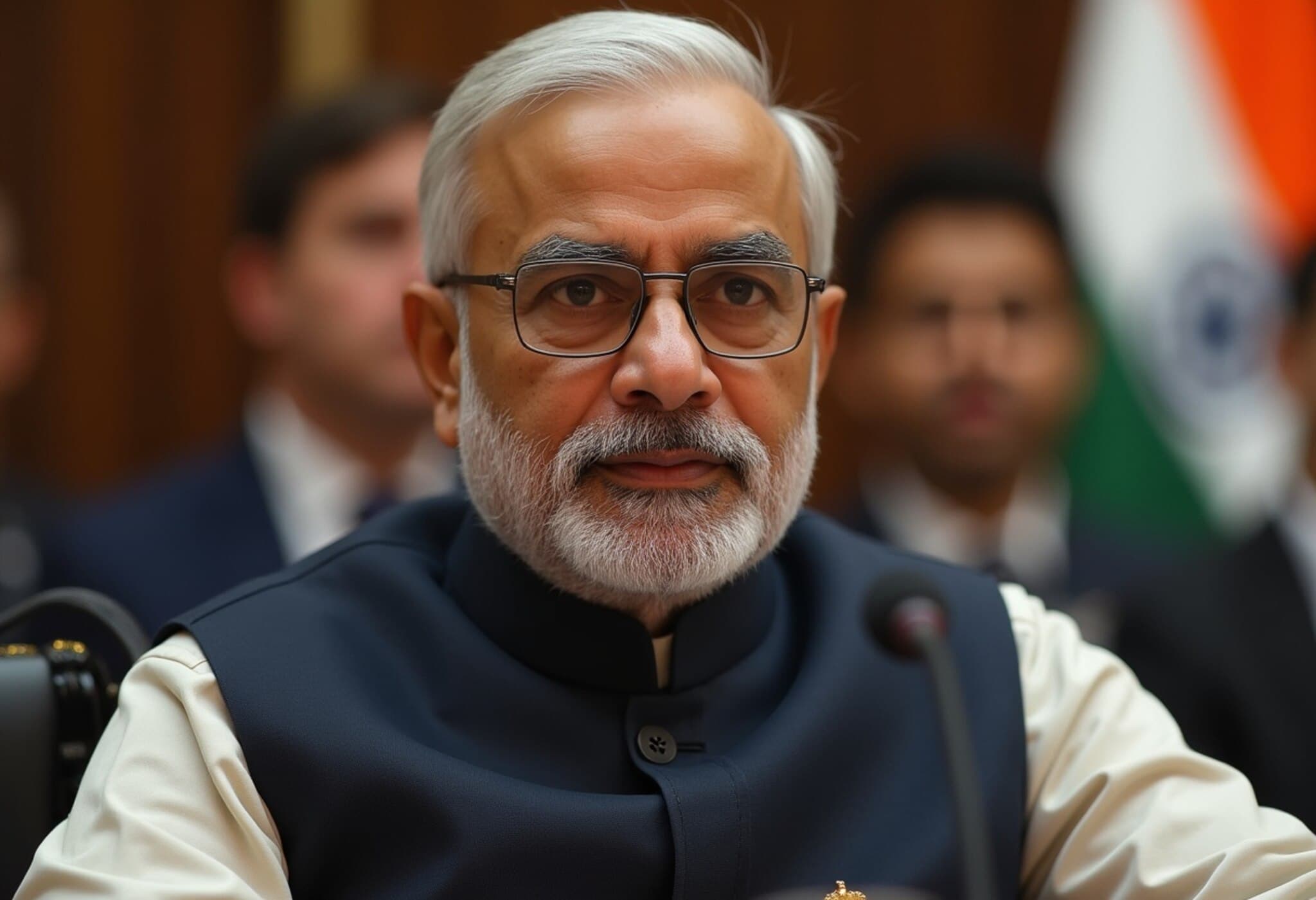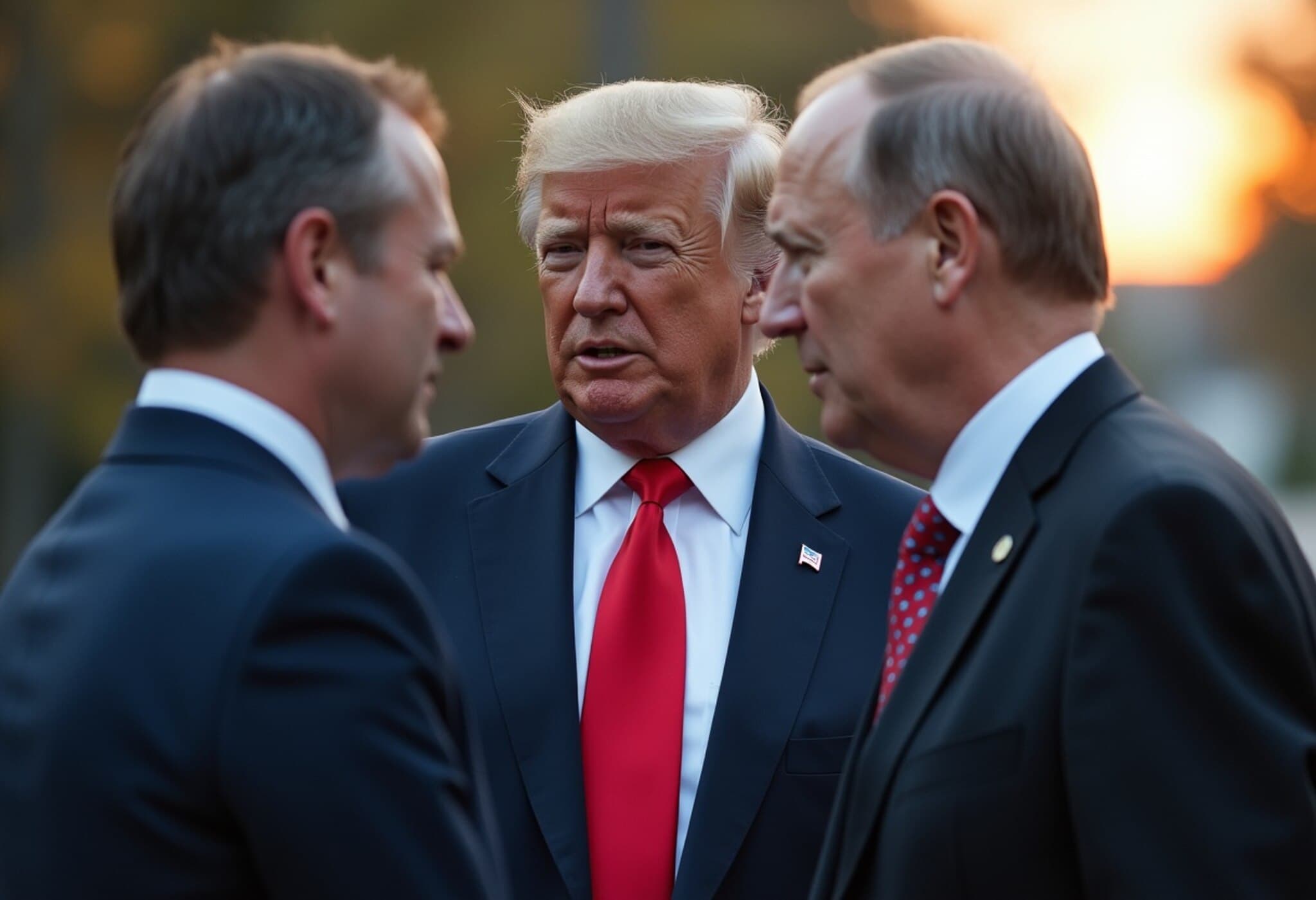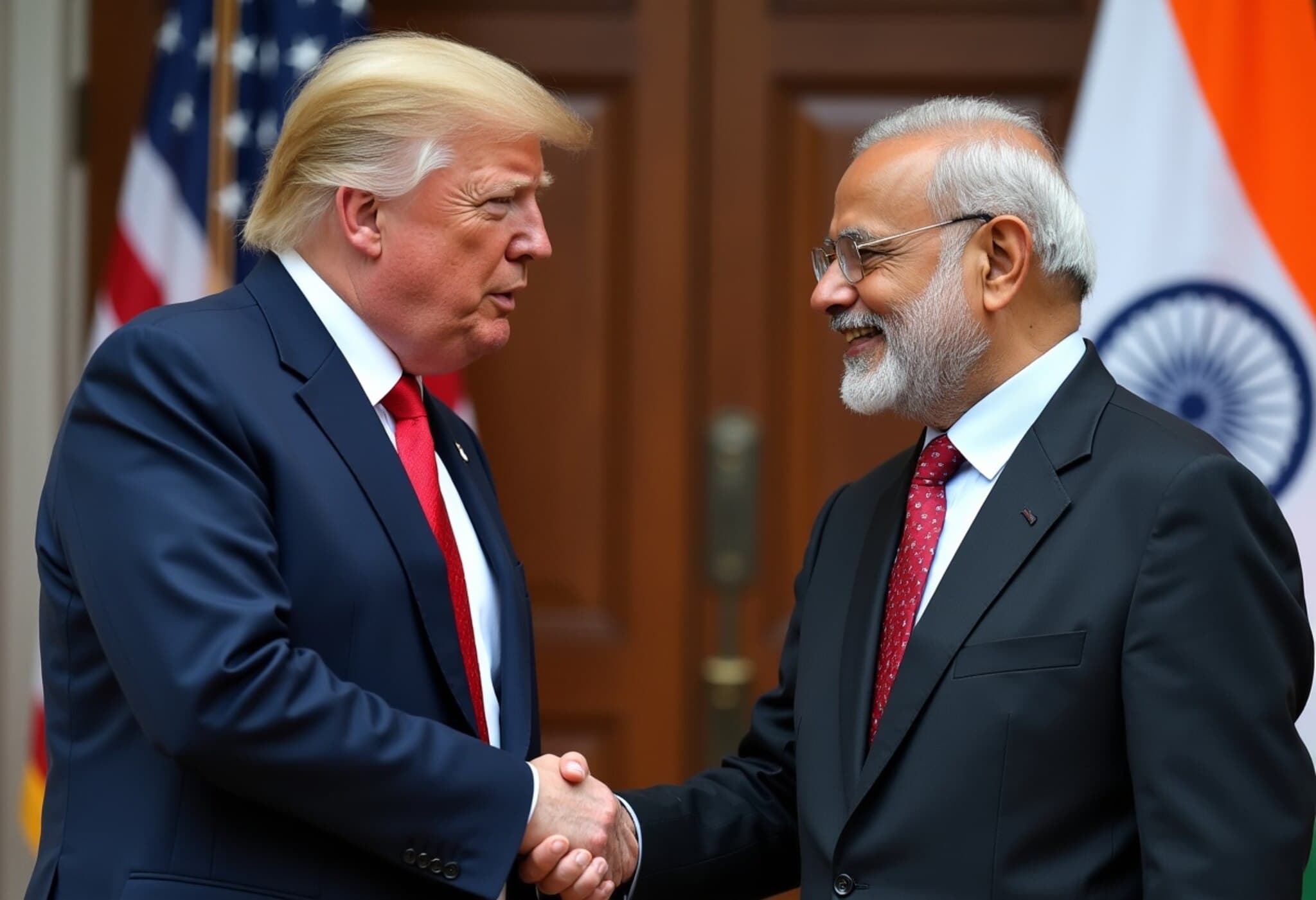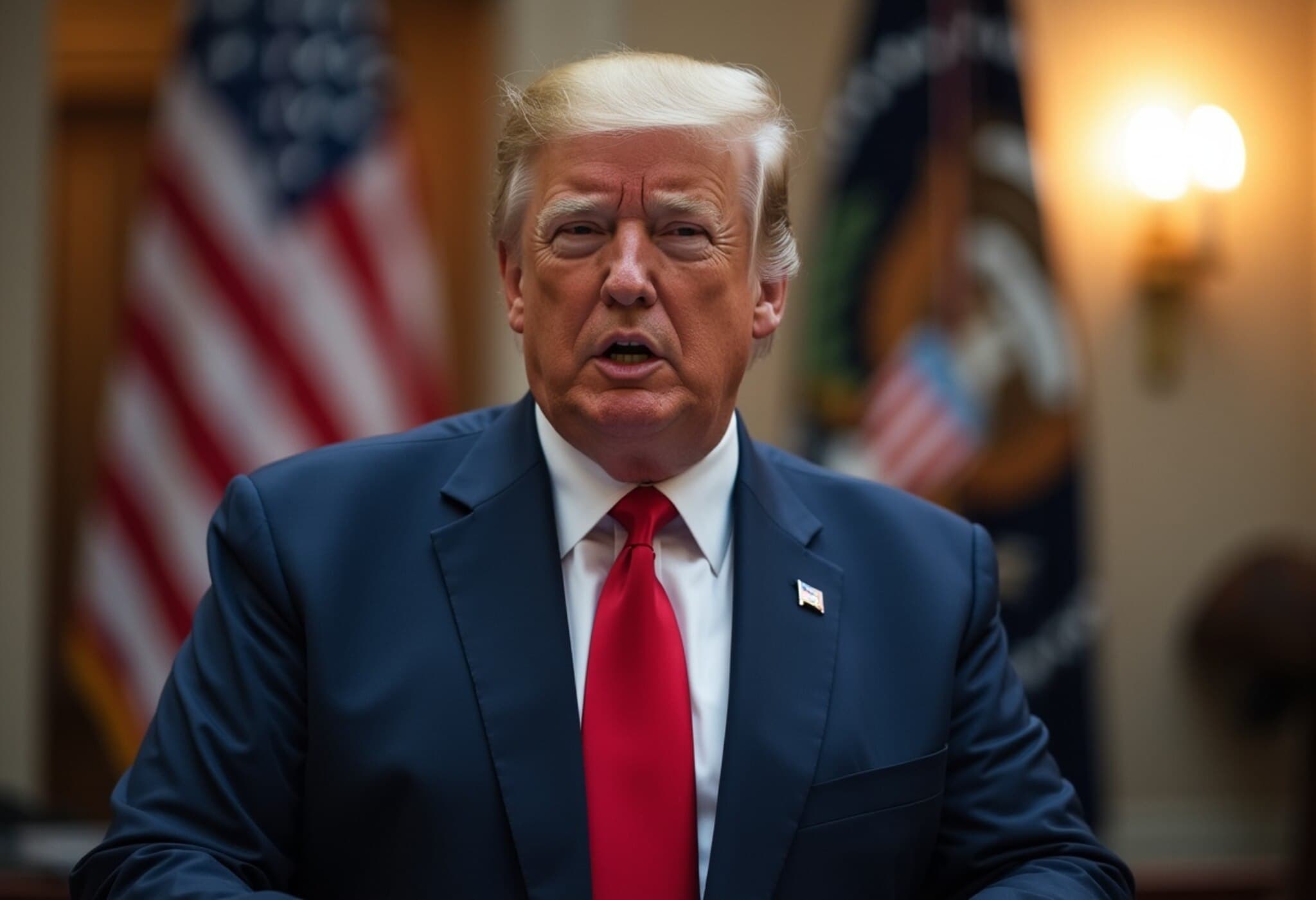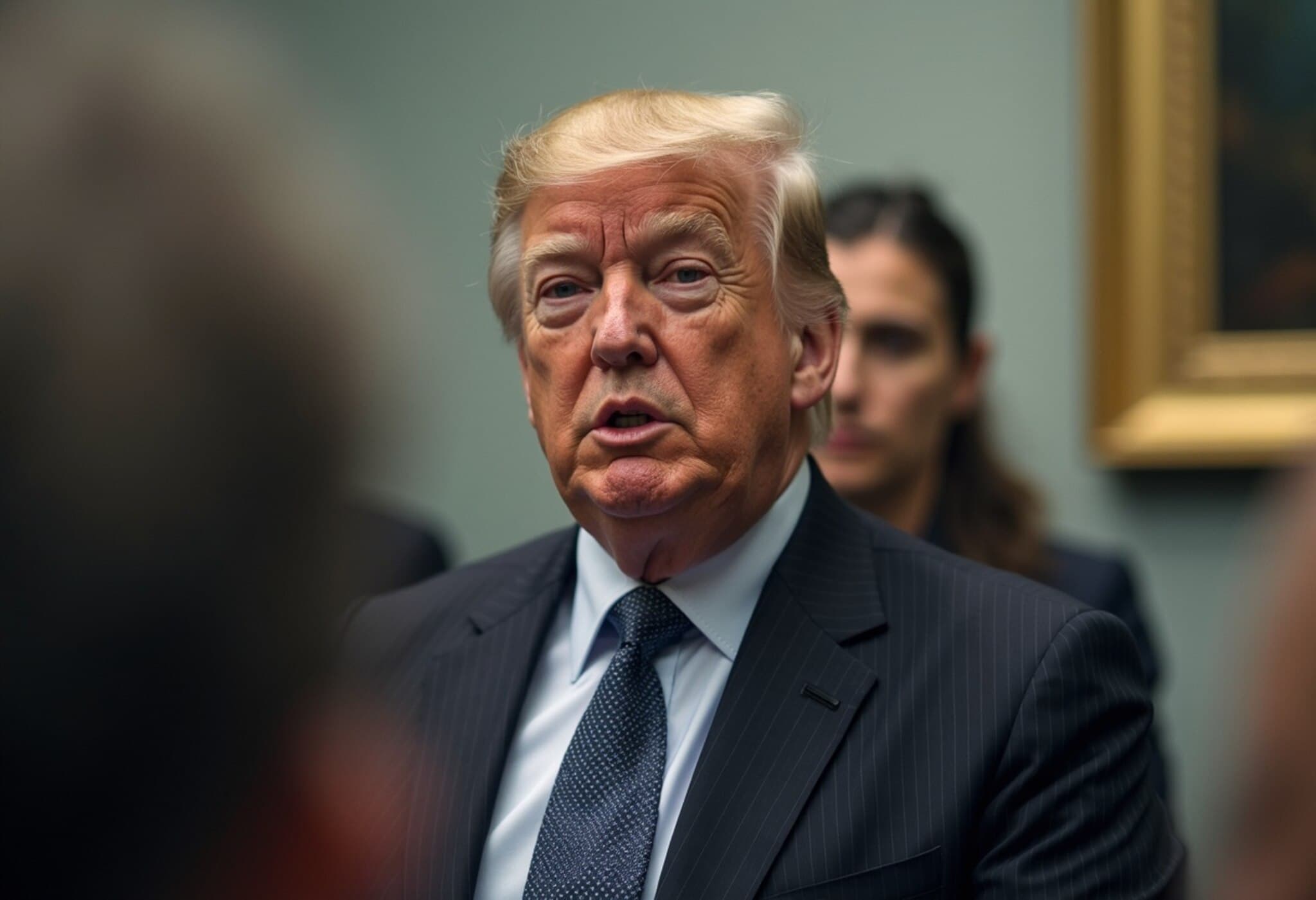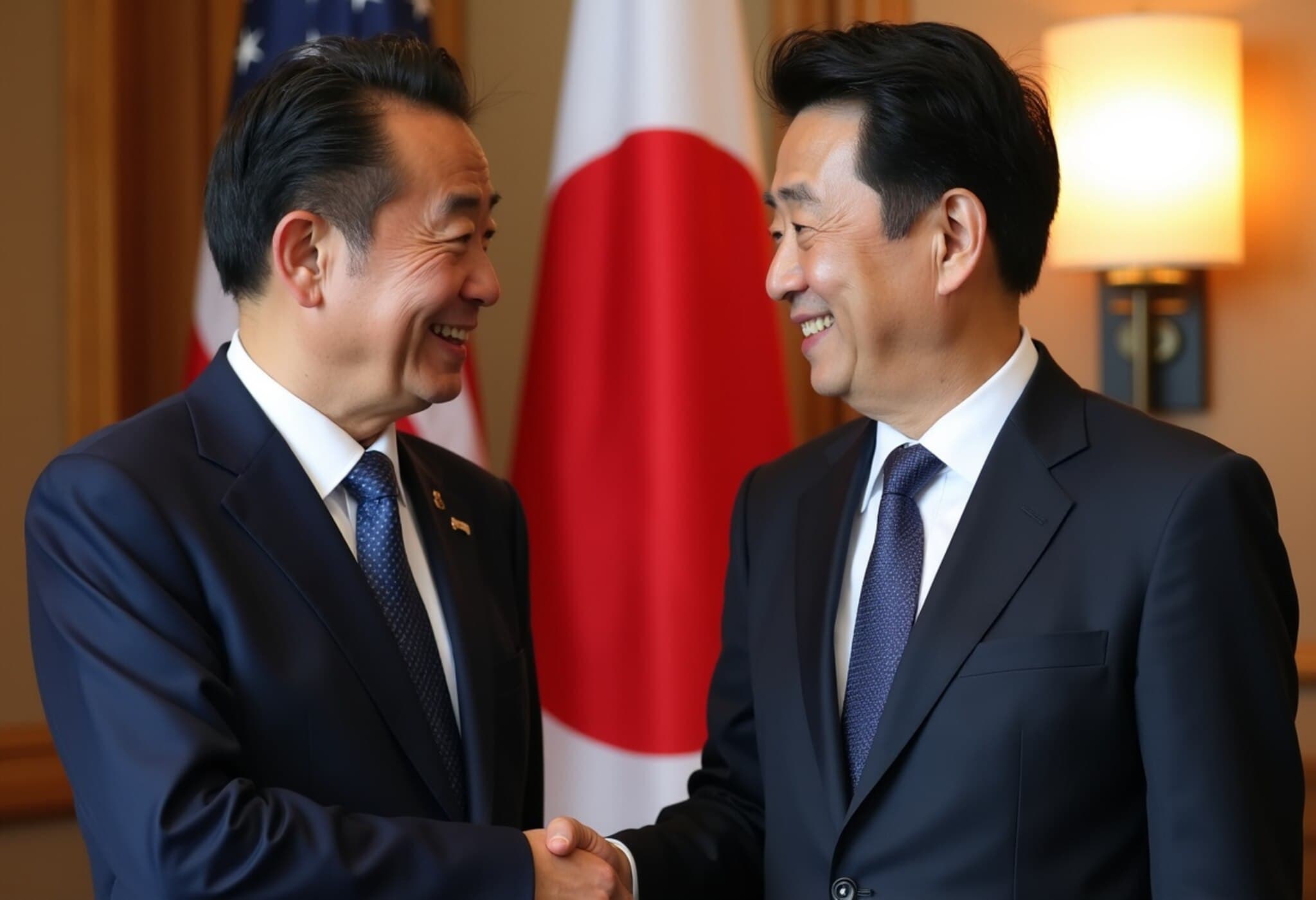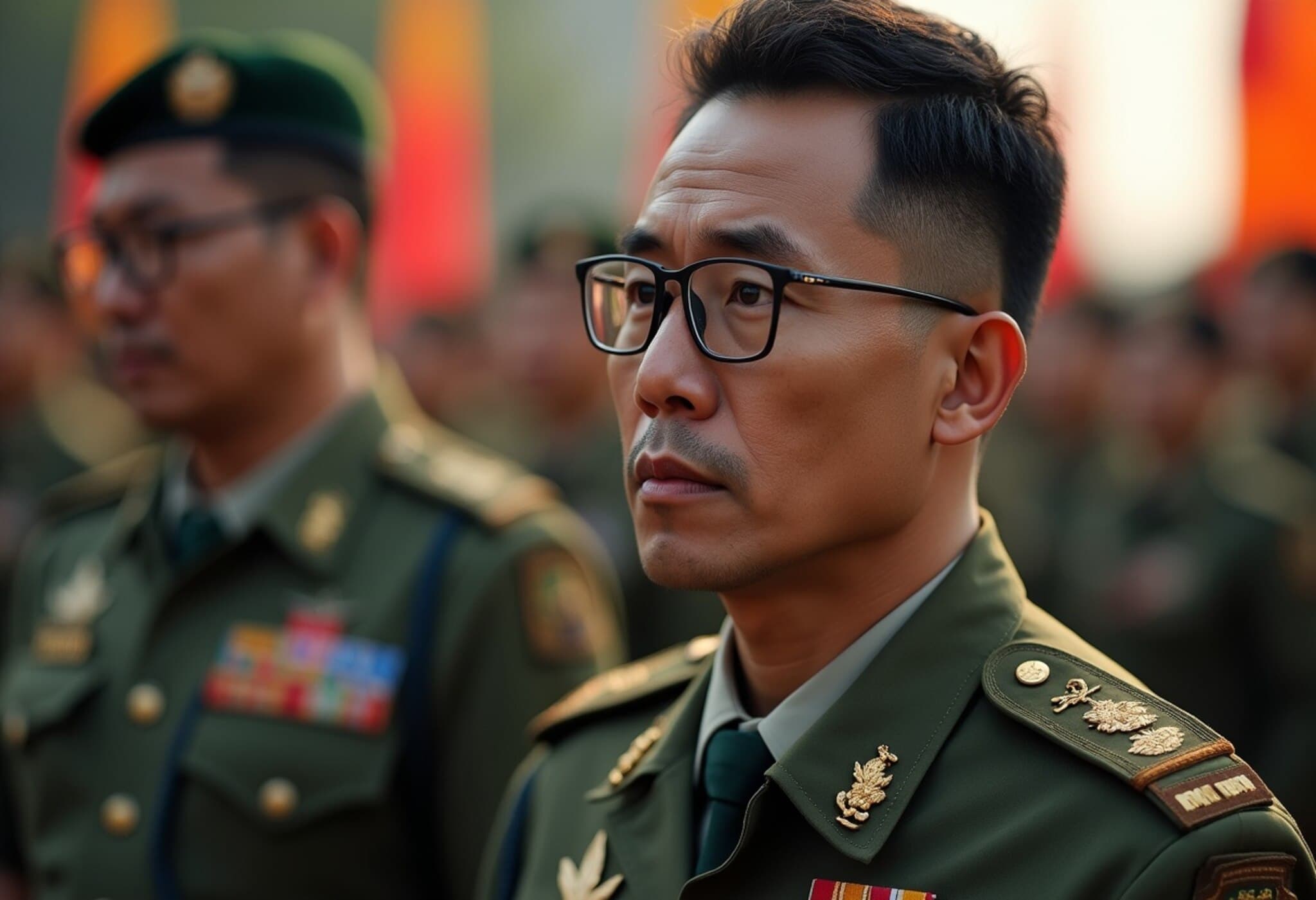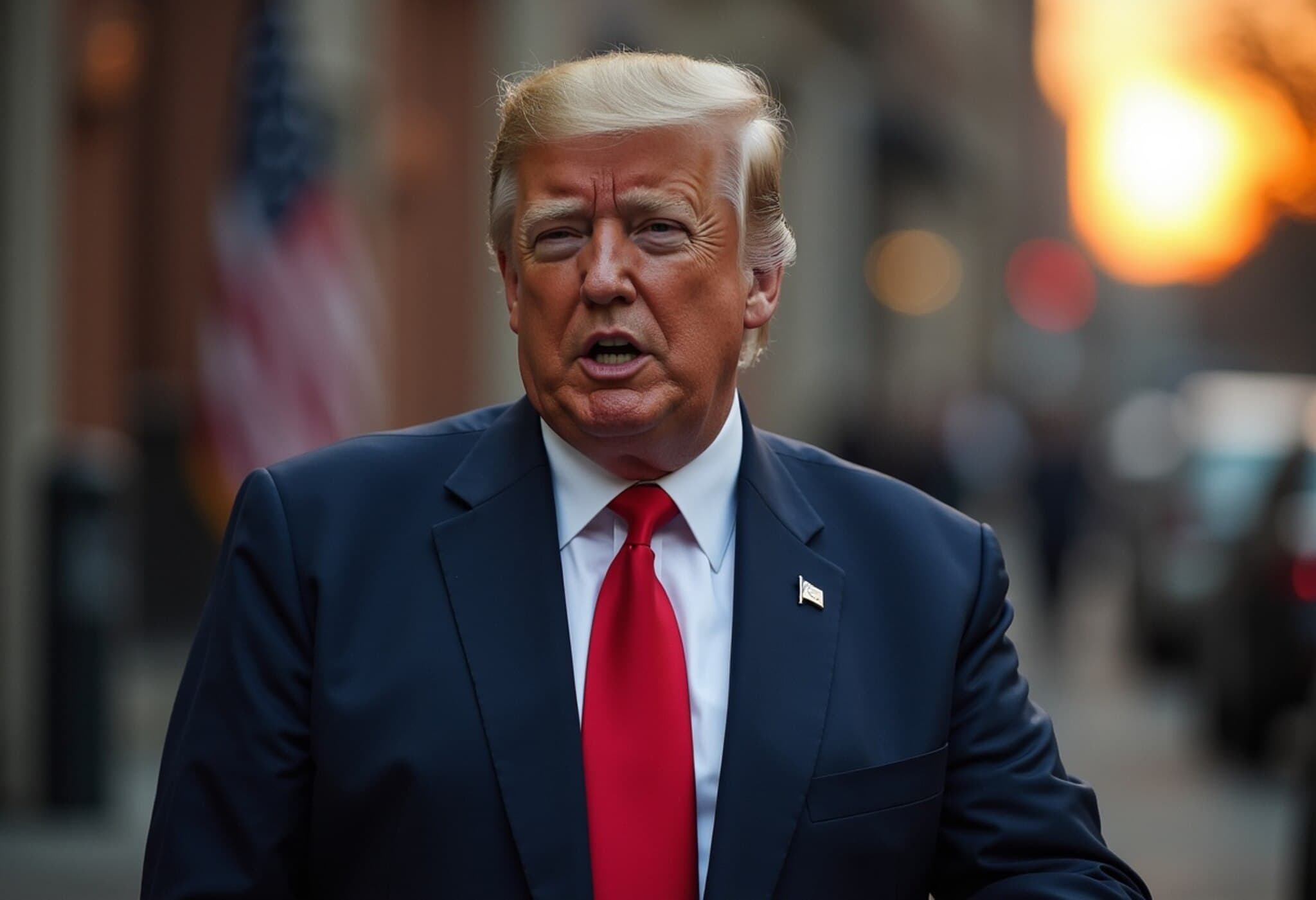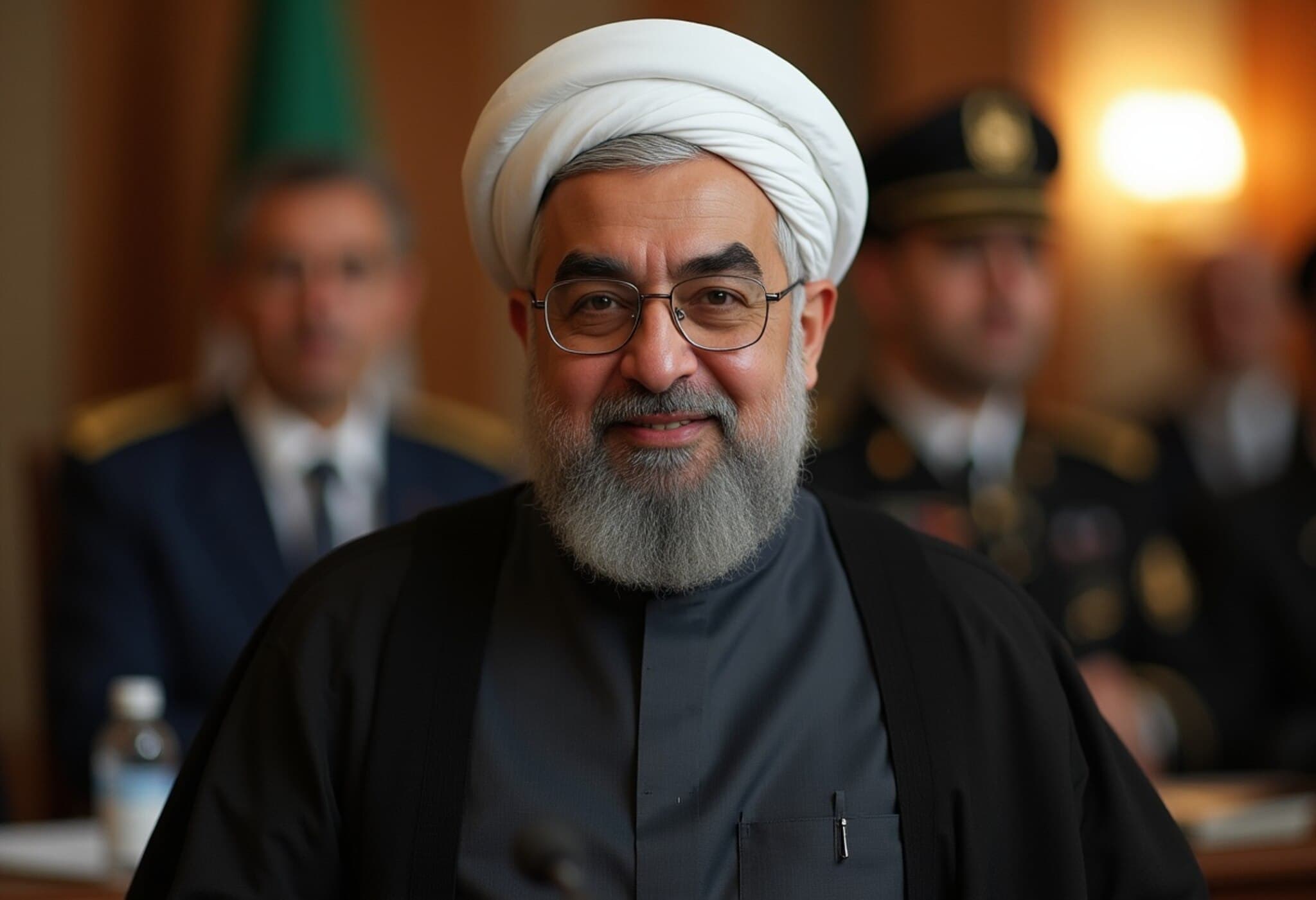Economist Justin Wolfers Criticizes Trump’s Tariff Threat on Russia
In a recent commentary that has sparked debate among economic and geopolitical analysts, renowned economist Justin Wolfers dismissed former US President Donald Trump's proposal to impose tariffs on Russia as an empty gesture. According to Wolfers, Russia is already subject to a comprehensive web of international sanctions, making new tariff threats largely symbolic rather than substantive.
Setting the Context: US-Russia Relations Amid Ukraine Conflict
The backdrop for Trump's threat involves the ongoing conflict in Ukraine, where Russia’s military actions have led to widespread condemnation and sanctions from Western powers. The United States has implemented various economic measures, including asset freezes, export restrictions, and financial penalties. Trump's tariff announcement was intended as an additional punitive tool, but experts like Wolfers see it differently.
Sounding Tough But Doing Little: Wolfers’ Take
Wolfers characterized Trump's approach as a classic example of what he termed “how to sound tough but do nothing.” In his view, tariffs in this context do not inflict meaningful economic harm on Moscow beyond what existing sanctions already achieve. The rhetoric may cater to domestic audiences craving a strong stance against Russia, but practically, it does little to alter the geopolitical landscape.
Expert Insight: The Limits of Tariffs in Complex Geopolitical Conflicts
Tariffs traditionally target trade relationships to pressure an economy through higher costs on imports or exports. However, imposing tariffs on a country already isolated and heavily sanctioned stretches the utility of such measures. Economists argue that much of Russia's targeted trade is already curtailed, reducing tariffs’ leverage.
Furthermore, Wolfers highlights that overly relying on trade measures without a comprehensive strategy risks oversimplifying a multifaceted geopolitical issue. Effective policy often requires integrated diplomatic, military, and economic tools rather than singular heavy-handed actions.
Underreported Perspectives: What Does This Mean for American Policy?
- Domestic Political Theater: The rhetoric of tariff threats often plays well in political arenas, signaling toughness without necessitating immediate follow-through.
- Economic Blowback Risks: Tariffs on Russia could provoke retaliatory actions that harm American businesses or exacerbate global economic instability.
- Strategic Focus Needed: Experts urge policymakers to prioritize coordinated international alliances and nuanced sanctions over repetitive symbolic gestures.
A Broader Lesson in Policy Communication
Wolfers’ critique sheds light on a recurring theme in contemporary political discourse—the tension between performative messaging and actionable policy. In the complex arena of international relations, especially involving war and sanctions, clarity and realism in policy proposals are paramount to maintain credibility on the world stage.
Editor’s Note
While strong rhetoric may satisfy public demands for decisive action, the insights from economists like Justin Wolfers remind us to look beyond the headlines. Tariffs, when weaponized without strategic grounding, risk becoming mere noise in an already crowded geopolitical conflict. For American policymakers, the challenge remains balancing domestic political pressures with the nuanced realities of global diplomacy and economic interdependence. Readers are encouraged to consider how performative threats influence not just international relationships but also domestic economic interests and global stability.

